- the 2-part article series explains how Brixelizer GI (a sparse distance field backed GI solution) limitations affect Foliage geometry
- part 1 explains the limitations, and Part 2 covers how to extend the system to support Foliage (alpha-tested) geometry
- the implementation of an additional Alpha cache helps to resolve the problem
- additionally, it discusses how the system deals with animations
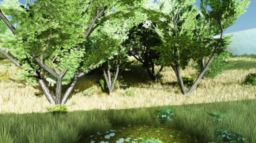
- the video presents how to create an SDF for a rectangle using Unity and Unreal
- effect allows the modification of many parameters, including size, edge thickness, corner radius, and stroke thickness
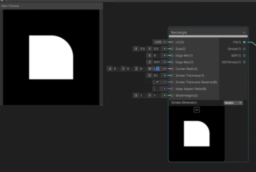
- the article explains how images are represented
- covers the build-up from single binary images to grayscale and, finally, color images
- a brief discussion of the concept of resolution, human vision as well as DPI
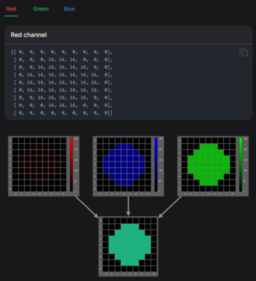
- the paper presents a detailed look at how to use D3D12 work graphs to generate a procedural world
- shows how multiple generation phases are combined with GPU ray-tracing to create a world
- discusses how the BVH structure is used to place markers, generate Ivy, marketplace arrangements, as well as ground clutter
- presents results with performance information
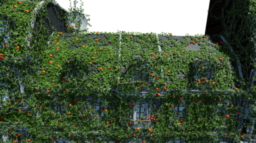
- the series of articles discusses how work graphs are now allowed to execute mesh rendering work
- part 1 how presents the getting started guide through the code sample on basic setup
- the second part focuses on best practices for performance
- finally, the last part discusses how to use work graphs to procedurally generate and render a whole game world
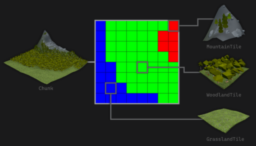
- A brief blog post discusses what aspects of the new mesh nodes preview for d3d12 can be debugged using Pix
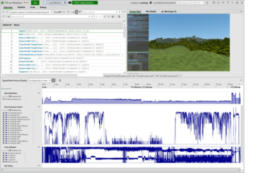
- SCALE is a GPGPU toolchain allowing CUDA programs to be natively run on AMD GPUs
- discusses what hardware is currently supported and how it’s achieved
- documentation provides examples of how to get started

- the article discusses a solution to allow GPU instanced and animated models using Vulkan
- presented solution pre-calculates all bone transformations for all frames of the animations and calculates the sample index during the vertex shader stage
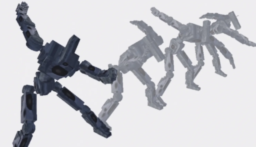
- the paper to be presented at SIGGRAPH 2024 presents a technique for rasterizing hair from hair strands
- since it’s based on Hair meshes (which are protected by patents), I did not read it and can’t provide a summary
- ensure to contact your legal team before proceeding to read
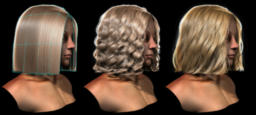
Thanks to Vivitsu Maharaja for support of this series.
Would you like to see your name here too? Become a Patreon of this series.